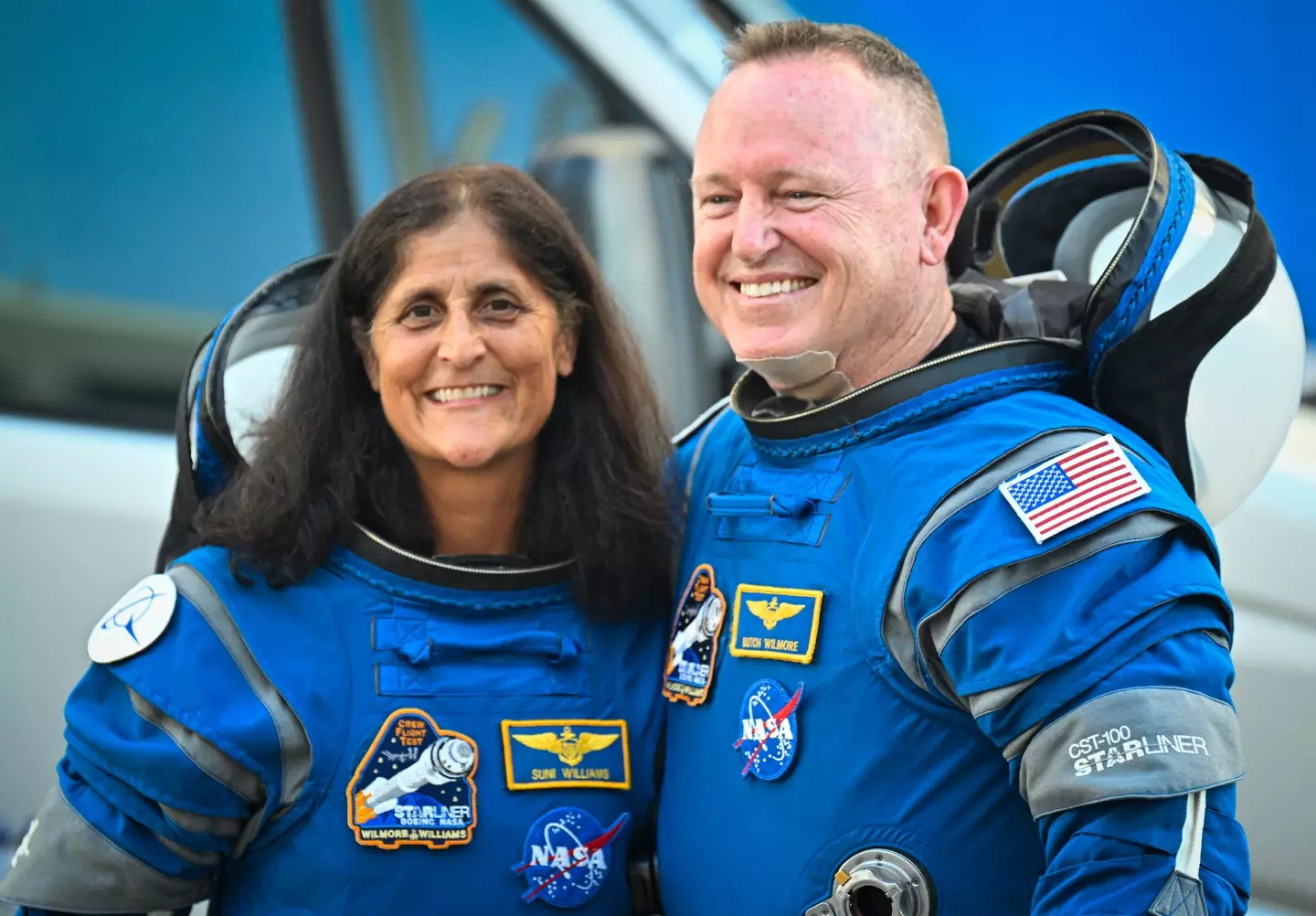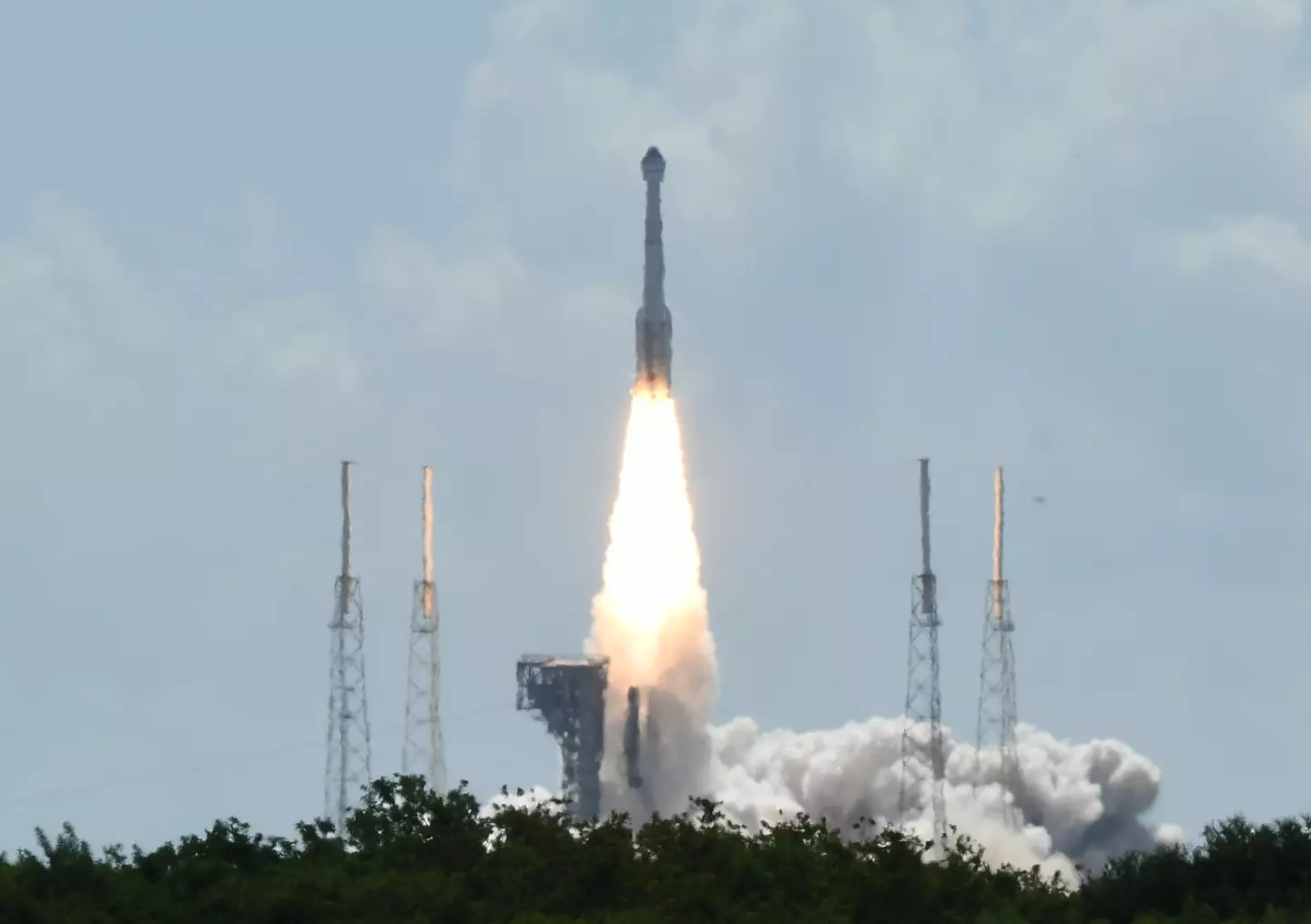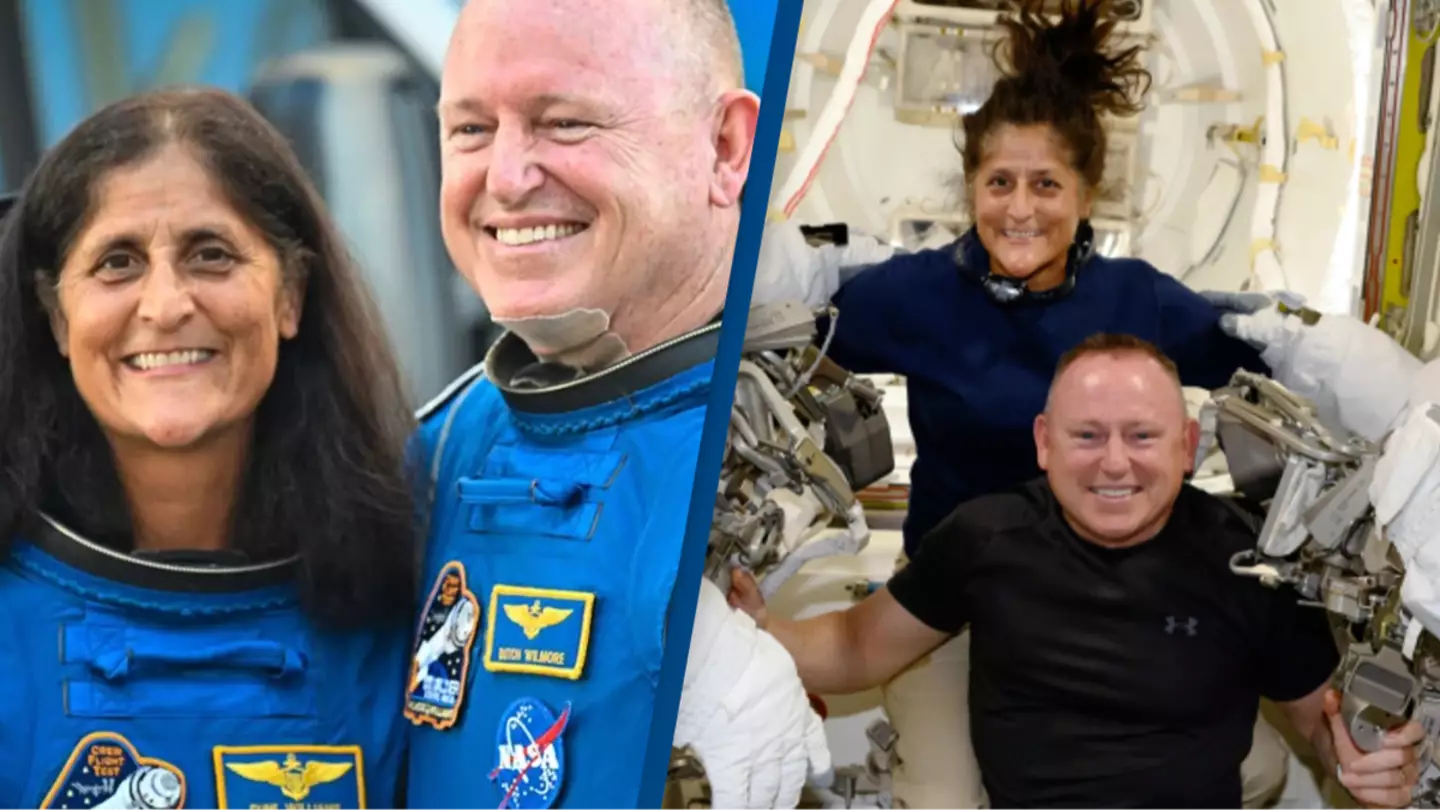The two astronauts that have been left 'stranded' in space could endure a series of physiological affects from being in orbit for a prolonged period of time.
Sunita Williams and Butch Wilmore left Earth for the International Space Station (ISS) on June 5 and, while the pair were only supposed to be there for eight days, it's predicted that they'll be there for eight months instead.
Their extended stay comes after the crew discovered worrying helium leaks and thruster failures, making it too risky for the pair to return home in the Boeing capsule as originally planned.
Advert
It's now expected that Williams and Wilmore will return to Earth with SpaceX's Crew-9 return flight in February 2025.
They may return sooner if they're able to repair the Boeing Starliner, however.
While NASA have said that the duo are 'doing great' in an update issued on August 15, Williams and Wilmore could find that their physiology is impacted after being stuck in space for so long.
Muscle mass
After just a two-week space flight, a person can lose 20 percent of their muscle mass. On longer missions spanning to up six months, this percentage can increase to 30, as per a 2009 study titled: 'Acclimation during space flight: effects on human physiology'.
The most affected are postural muscles (such as back, neck, calves and quadriceps) as they're not being used to keep the body upright in a gravitational environment, i.e on Earth.

Lead of Life Sciences at the European Space Agency, Angelique Van Ombergen, explained in a YouTube clip: "When astronauts spend several months in space, they can lose up to 20% of their muscle mass, and also their bone density decreases.
"Since the whole body is exposed to microgravity, the heart doesn't need to pump around as much blood as it used to on Earth and the cardiovascular system deteriorates."
Motion sickness
Astronauts are known to suffer something known as neurovestibular acclimation while in space - a term used to describe the neurological disturbances that astronauts experience during space flight due to microgravity.
This typically effects them during the first couple of days into their space flight, as well as when they readjust to Earth's gravitational pull when they return home, according to the 2009 study.
Symptoms of this 'sickness' include: facial pallor, cold sweating, stomach awareness, nausea and, in some cases, vomiting.

Bone mass
For each month that passes in space, astronauts can lose one to two percent of their bone mass.
This is in comparison to bone mass loss being at a rate of 0.5%-1% every year for elderly people on Earth, as per BBC.
In a bid to combat this, Williams and Wilmore will have to do 2.5 hours of exercise a day.
Space radiation
On Earth, humans are shielded by space radiation by planet’s magnetic field but while in space astronauts are exposed to varied and increased levels of radiation, says NASA.
"Three major sources contribute to the space radiation environment: particles trapped in Earth’s magnetic field, solar energetic particles from the Sun, and galactic cosmic rays," the website further explains.
Such radiation can increase a person's risk of risk of cancer and degenerative diseases such as heart disease if an astronaut is exposed to it for long periods of time.
